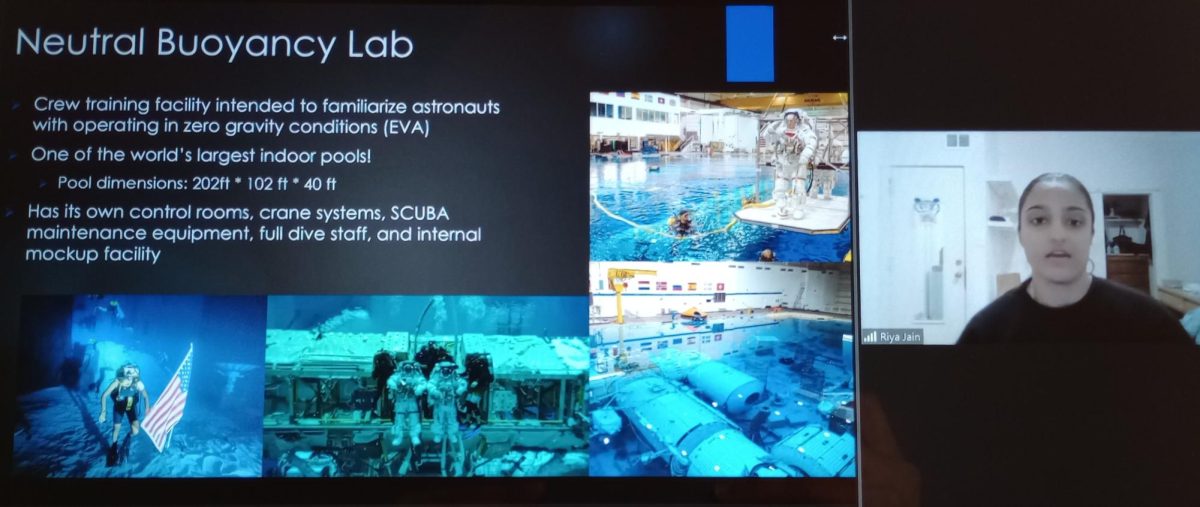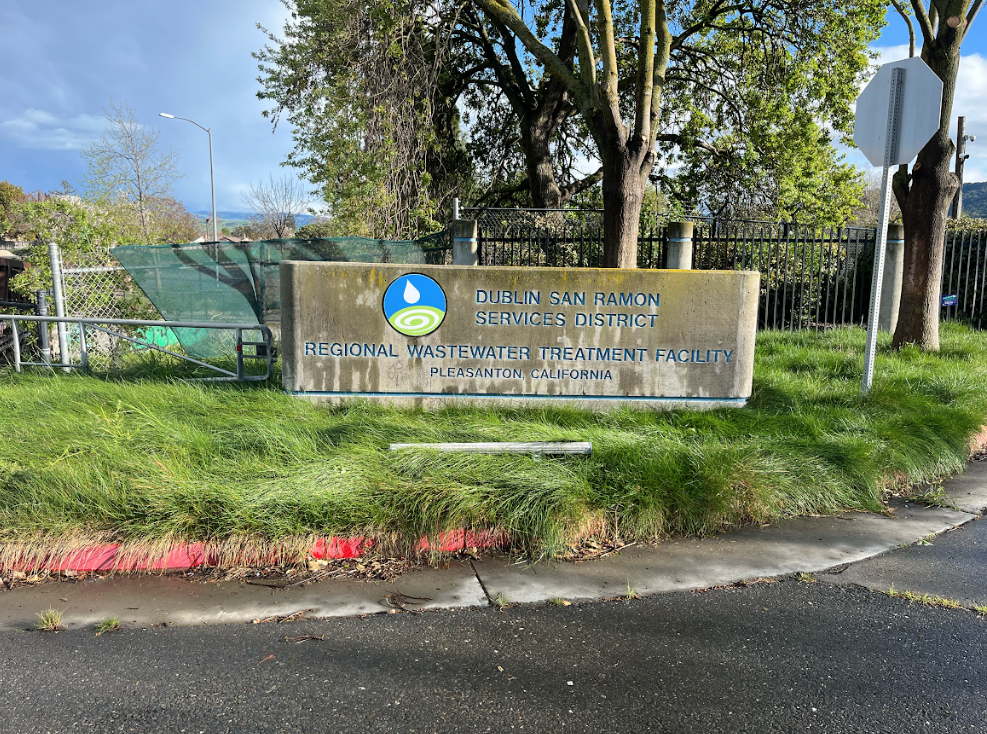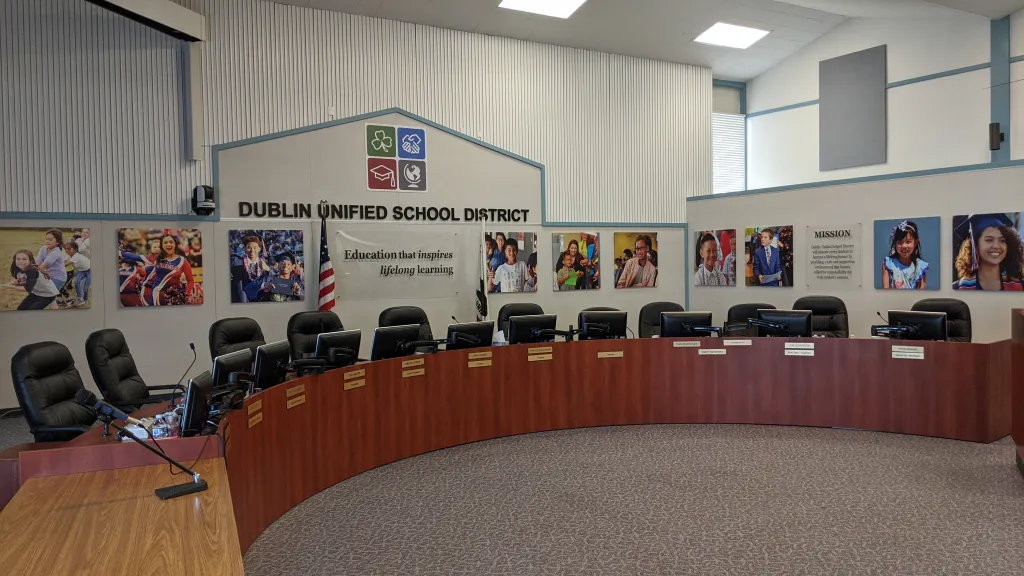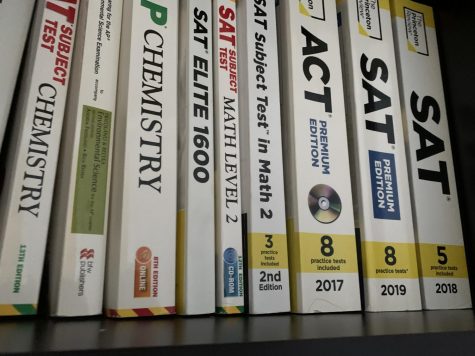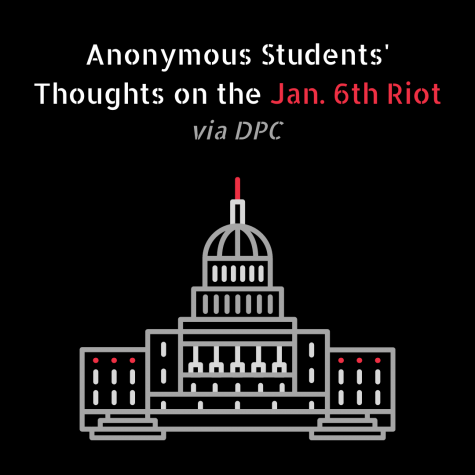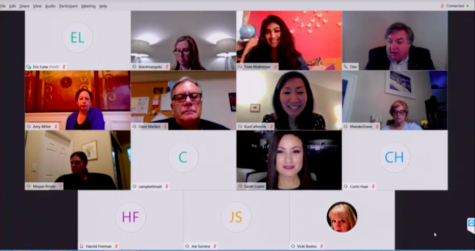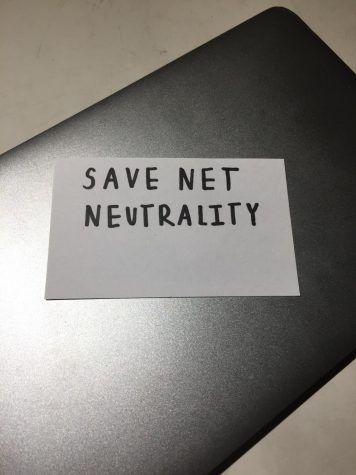When Will We Realize?
A true education is gained by the individual, not through the educational system.
When will we realize life is more than a GPA? That test scores do not determine our intellect? That grades do not determine our success in life? When will gaining an education actually gain us, you know, a true education?
Millions of high school students in America are either programmed to receive A’s and portray the ideal image to colleges or are deemed a failure by the United States educational system. As a student myself, I see my peers lose hope daily as they fail a test or end the semester with a grade lower than anticipated. With Common Core implemented, it may come as a surprise that America ranks 14th in education and 24th in literacy when, as little as 20 years prior, the United States led the world in education (Rice).
Why “we”?
Like millions of other high school students in America, I have been programmed to receive straight A’s and high test scores. It is unsettling, though, that we are graded like food, as in grade A meat. We are just labels to society, classified and sorted out by the grades we receive. The American classroom style has not changed in over a century. We still are lined up row by row and taught the exact same thing, the exact same way (Williams). This process is extremely ineffective because every student has a different learning style and as a result, American classrooms are inadequate for learning. The teenage years are a time in which individuals shape who and what they will become in the future. These crucial years of self-development can often be drowned out by the constant, competitive environment that we are placed in. As a result, many students end up going to college and paying student loans simply because it is what is expected of them, many of whom do not even know which direction they wish to go in career choice and life. Sometimes school can hold us back from this self-evaluation process. And if the education system does not teach it, then we must do it ourselves. After all, self-assessment and finding one’s purpose are an important part of a true education.
What is a “True Education”?
A concise definition of a true education is difficult to pinpoint, but two of the aspects that are a part of a true education are a Socratic learning style and a learning environment that supports free speech. A core principle of Socratic learning is questioning. From studying Socrates, we learn that he listened more than he ever gave input. He focused on challenging and often disproving the claims of others through questioning. Similar to Socrates, higher level educational institutions focus not on solely questioning, but on learning to ask the right questions. Robert J. Zimmer, president of the University of Chicago, writes that “productive and informed questioning involves challenging assumptions, arguments and conclusions” and that students need “an environment that promotes free expression and the open exchange of ideas” to gain a true education. So speak up, be heard, and have the courage to share your ideas.
The Role of Reading
As students, we have neglected the value of reading. By SparkNoting assigned books, it is easily visible that students care more about the grade than the knowledge contained in those books. The other students who honestly read the assigned books, are often disinterested and gain little from them. Yet reading is an essential part of gaining a true education. We can see this very clearly in the autobiography of Malcolm X. During Malcolm X’s time in the Norfolk Prison Colony, he began spending his days and nights reading books from the prison library. His motivation was simple. Malcolm X was embarrassed by his penmanship and frustrated that he could not accurately describe himself through his known vocabulary. As a result he began reading nonstop, eventually even reading an entire dictionary page by page and writing down every word. Malcolm X is one of the many people whose life has been changed because of reading. Big names such as Oprah Winfrey, Bill Gates, Warren Buffet, Mark Zuckerberg, and Elon Musk are all avid readers as well. In fact, this is a trait that is common in a majority of individuals considered successful. While reading does not guarantee success, it definitely increases your chances of both influencing others and living a meaningful life.
The Facts
It may be surprising to hear that big companies, like Google, have stopped asking for transcripts and test scores when hiring. Google has even hired individuals with no college at all. When viewed objectively, this hiring technique is no surprise at all. It is Google’s mission to organize the world’s information and make it universally accessible and useful. Given that the internet is revolutionary and organizing this extent of information has never been done before, the last people Google needs are those who expect to solve problems with an obvious answer. Modern schools were originally designed for developing individuals who would likely work in factories and be submissive citizens rather than those striving for innovation. Dr. Peter Gray references studies that prove that there is a surprising inverse correlation between grades and innovative orientation. Gray also references a possible explanation for this relationship being that students with higher grades rely on memorization whereas college students with innovation intentions approach their education as a way to discover new ideas. Additional research studies in China have had similar results with high-school graduates who scored higher on the Chinese higher education entrance exam achieving less outside of school than their counterparts with lower test scores.
It’s time you realize.
A true education is gained by the individual rather than through the school system. We, as American students, have been led to believe that we must continue through school and onto college with stellar grades and test scores, when in reality this is not the case. At this point it becomes a question of individual purpose rather than your role as a student. Who will you become? What legacy will you leave? Grades do not define your intellect. Your success in school does not determine your success in life. The only person who truly controls your future is: you.
Your donation will support the student journalists of Dublin High School. Your contribution will allow us to purchase equipment and cover our annual website hosting costs.




